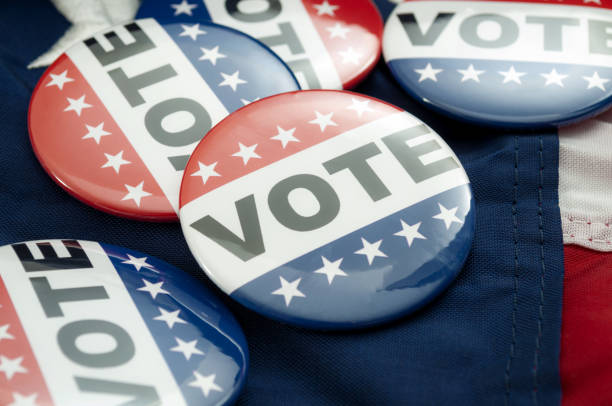-OPINION-
In today’s politically charged atmosphere, one of journalism’s fundamental values, unbiased reporting, faces serious challenges. With major news outlets like CNN and Fox News publicly endorsing political candidates, many people are left wondering how can we trust sources that seem to have clear biases. Journalism’s purpose should be for us to form our own opinions based on facts, not lead us to conclusions already written out on the page.
The credibility of information hinges on the reliability of its sources. When editorial boards endorse candidates, they risk alienating portions of their respective publication’s audience who view this as a departure from impartial reporting. This shift can harm the media’s reputation as a trusted, neutral informant. However, the primary issue is in the weeks leading up to elections, many news platforms flood their pages with articles about candidates like Kamala Harris and Donald Trump. A look at CNN may reveal a cascade of critical takes about former president Trump, while taking a visit to Fox News may uncover many critiques aimed at Vice President Harris. Even if these reports are factually accurate, an uneven focus on one candidate over another shows bias, overshadowing ethical reporting.
However, not all outlets have taken sides. Organizations like The Washington Post and the Los Angeles Times have announced their dedication to independent reporting, striving to deliver fair coverage of both candidates. Nonetheless, they have faced backlash from subscribers, and some employees have even resigned in protest. Jeff Bezos, owner of The Washington Post, wrote in an opinion article posted on Oct. 28, “Our profession [journalism] is now the least trusted of all. Something we are doing is clearly not working.”
Despite the Washington Post’s and LA Times’ position on political endorsements, the impact of other newspapers’ usage of them is profound. Research shows that these endorsements can potentially sway over 15 million votes, more than enough to alter the outcome of an election. While newspapers may argue that promoting candidates serves the public by providing a thorough examination on that candidate, offering a comprehensive analysis of all candidates would be even more valuable. By putting balanced reporting first, media outlets can help readers make well-informed conclusions without the influence of bias.
Rather than taking sides, news organizations could explore other ways to engage with the public responsibly. They could provide detailed policy analyses, host debates and create pages for open discussions among readers. This approach allows audience members to engage with each other on their diverse viewpoints and evaluate each candidate on their merits, utilizing their ability to form their own opinions while the newspaper keeps a commitment to impartiality.
In the end, the media’s role should be to inform, not influence. By stepping back from candidate endorsements, news organizations can uphold the integrity of journalism and empower us to draw our own conclusions based on diverse, unbiased information. News outlets need to rethink their approach to political endorsements and put their responsibility to the public first over political parties. After all, in a democracy, the strength of the people’s choice relies on having the facts laid out before us, free from newspaper endorsements clouding American’s judgments.







